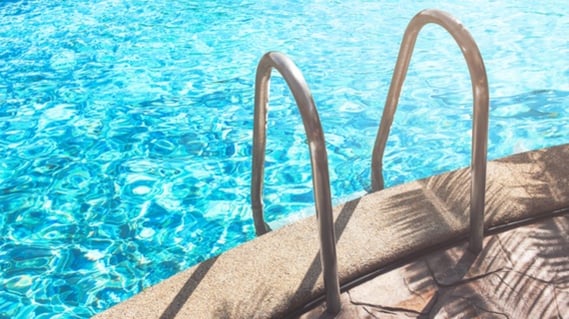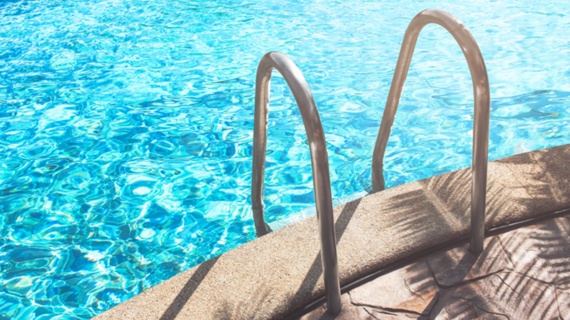
The risk of Legionnaires' disease in the hospitality industry is a serious one. If you run a business like a hotel or leisure centre, you can expect a large number of people to pass through your doors on a day-to-day basis – which means an outbreak will have far-reaching consequences.
This is why regulators like the HSE come down hard on hospitality companies that fall short of their legal responsibilities when it comes to legionella risk assessments and control. Recently, for example, a hotel in Dundee was fined £54,000 for an outbreak within its leisure centre – a big blow to the business’ bottom line, not to mention reputation.
Why are hotels more at risk?
Hotels in particular are at high risk of Legionnaires’ disease outbreaks, for a few key reasons:
Complex pipework
Hotel buildings are often large, with lots of rooms that require their own outlets. This translates into complex pipework, contributing to a higher risk of standing water and therefore legionella – particularly if certain segments of pipe are left neglected from time to time.
Spa facilities
Many hotels offer leisure and fitness facilities, such as spa pools, that can encourage the growth of legionella if not maintained well enough. Even without these facilities, the number of showers in a hotel – plus the use of decorative features like indoor fountains – can increase the risk of legionella.
Seasonal fluctuations
The seasonal nature of the hotel trade can mean that many rooms are not in use at certain times of the year. While this may sound like more of a problem for the finance team, it can also affect bacterial growth. The pipes connected to the rooms that are not in use will contain standing water, which may warm to a temperature where legionella can thrive.
Fines and penalties for legionella non-compliance
In the past, most fines for legionella non-compliance in the hospitality industry have been in the tens of thousands, as in the case of the Dundee hotel described above and a Cardiff hotel fined £40,000 for an outbreak traced back to a food humidifier.
Bear in mind, however, that in 2016 the HSE introduced new, stricter sentencing guidelines for organisations that fail to comply with health and safety legislation. These guidelines are based on levels of risk rather than harm caused, which means that hotels could face high fines and penalties with or without a confirmed outbreak of the disease traced back to their premises (they may simply have failed to carry out a legionella risk assessment, for example, or not implemented appropriate measures to control the bacteria).
Some larger companies may reasonably expect fines to reach into the millions with the new guidelines in effect – as in the case of security firm G4S Cash Solutions, which was handed a £1.8 million fine in the autumn after Harlow Council found evidence of sub-par policies, training, monitoring and testing for legionella on the business’ premises in Essex.
Want to ensure your hotel is compliant with legionella regulations? Click the link below to download our free guide on the subject.








